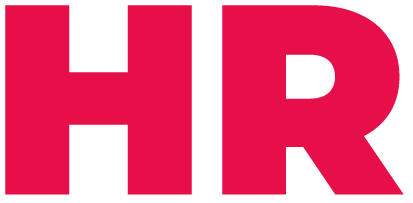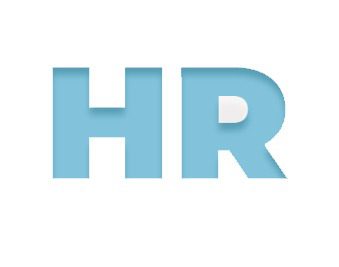Will HR software integrate with my existing systems (e.g. accounting, ERP, CRM)? Can it connect with Microsoft 365, Google Workspace, Slack, Teams, etc.? — Short answer:
Yes, modern HR software is designed to integrate with a wide range of other business systems. Most vendors offer open APIs (Application Programming Interfaces) to facilitate connections.
You should ask potential vendors about integrations with your existing tech stack, e,g. accounting, and collaboration tools like Microsoft 365, Google Workspace, Notion and Slack.
What should I look for in an HR system? — Short answer:
Depending on your requirements the most popular modules are (with very brief descriptions):
Core HR: Employee database, Self-service, Absence and Performance management.
Recruitment & Onboarding: Applicant tracking system, interview scheduling and digital onboarding workflows.
Payroll & Benefits: Payroll processing, Benefits enrolment, Pensions and Tax compliance.
Time & Attendance: Time tracking, Rostering and scheduling, Activity analysis
Learning & Development: Training and learning for skills development and performance
Reporting : Real-time dashboards, Standard and custom Reports, Analytics
What are the risks of using HR tech? — Short answer:
HR tech offers many benefits, but there are considerations to be aware of on the risk side:
Poor Implementation: If the system is not configured or implemented correctly it will lead to problems and frustrations fairly quickly after Go-Live. The same applies if employees are not properly trained on the system.
Data Security: Handling sensitive employee data requires robust security measures to prevent breaches and protect privacy.
Lack of Scalability: If your chosen system isn’t designed to accommodate growing numbers, you’ll need to replace it, which is a costly exercise in terms of time and resources.
Different systems: Using different systems that don’t communicate or integrate creates data silos and make unified reporting very difficult.
How does HR tech support remote and hybrid working? — Short answer:
HR tech is a necessary tool for managing a distributed or variably located workforce. It facilitates remote and hybrid work by:
Providing a single, secure platform for all employee data, accessible from anywhere.
Automating Processes such as digital onboarding and performance reviews, eliminating the need for in-person paperwork.
Enabling communication by integrating with collaboration tools like Slack.
It can support well-being by the inclusion of wellness initiatives, and access to mental health resources.
When should I get it? — Short answer:
Depends on your organisational needs. You’ll certainly need payroll from the start (although for smaller numbers an outsourced service would be easier – until about 20 employees), and probably HR software at the 50-employee plus mark.
If you need more information or a free comparison guide, contact us at info@hrsoftwarefinder.com

